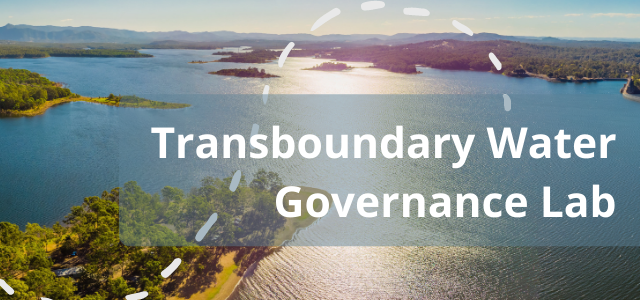Transboundary water resources constitute nearly 80% of Africa’s freshwater resources. Therefore, cooperation over the management of shared water resources and good governance on transboundary waters is critical for water security, peace, stability, and ultimately, sustainable socio-economic development of Africa. In this context, increased regional cooperation and joint planning, development, and management of water investments and infrastructure are essential to meet the targets for agricultural and industrial development, health improvement, food security, energy security, climate resilience, as well as other sectors.
Since 2015, GWP and partners have conducted Water Governance and International Water Law trainings at the pan-African level. These trainings have built the capacity of numerous transboundary water practitioners, as demonstrated by a survey which was launched in 2020.
In consultation with partners, GWP has been discussing ways to enhance the impact of these trainings to achieve the AU Agenda and to catalyse transboundary water cooperation in Africa. GWP has also reached out to all the alumni of the past trainings, to understand what impact the trainings have had, and what next steps each alumni would like to take to boost the possible impacts from the training on the ground. Based on this feedback, GWP now proposes a more structured approach towards capacity building for improved transboundary water cooperation and investment at transboundary water levels through developing a 3 pronged approach to the partnership: training (face to face and online), peer to peer exchanges through communities of practice, and knowledge sharing through a knowledge portal.
The objectives of the upcoming meeting on the 18 November, are to present the findings of the two surveys conducted to evaluate the impact of the Governance and International Water Law Training, and to discuss the proposed new approach to sustain this initiative in the future.
Specifically, the meeting will:
- Provide feedback to the alumni and partners on the two surveys launched for the participants to feedback on the impact the IWL training course has had over the past five years
- Present the proposed framework of continuous peer-to peer learning
- Present the findings of the consultations on the setup of a Community of Practice on International Water Law
- Validate the proposed architecture of the Community of Practice, and get alumni inputs on its design
This meeting is envisaged to be attended by a variety of participants including training target audiences and key partners engaged in the training, such as, Alumna of the IWL trainings, AUDA-NEPAD officials, PIDA Water Project managers, and River Basin Organisations in Africa.
For more information on this training and for the full agenda, click here.
To register for this event, click here.
Photo Credit: MINUSMA/Marco Dormino
